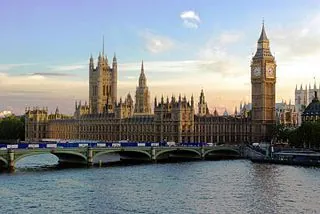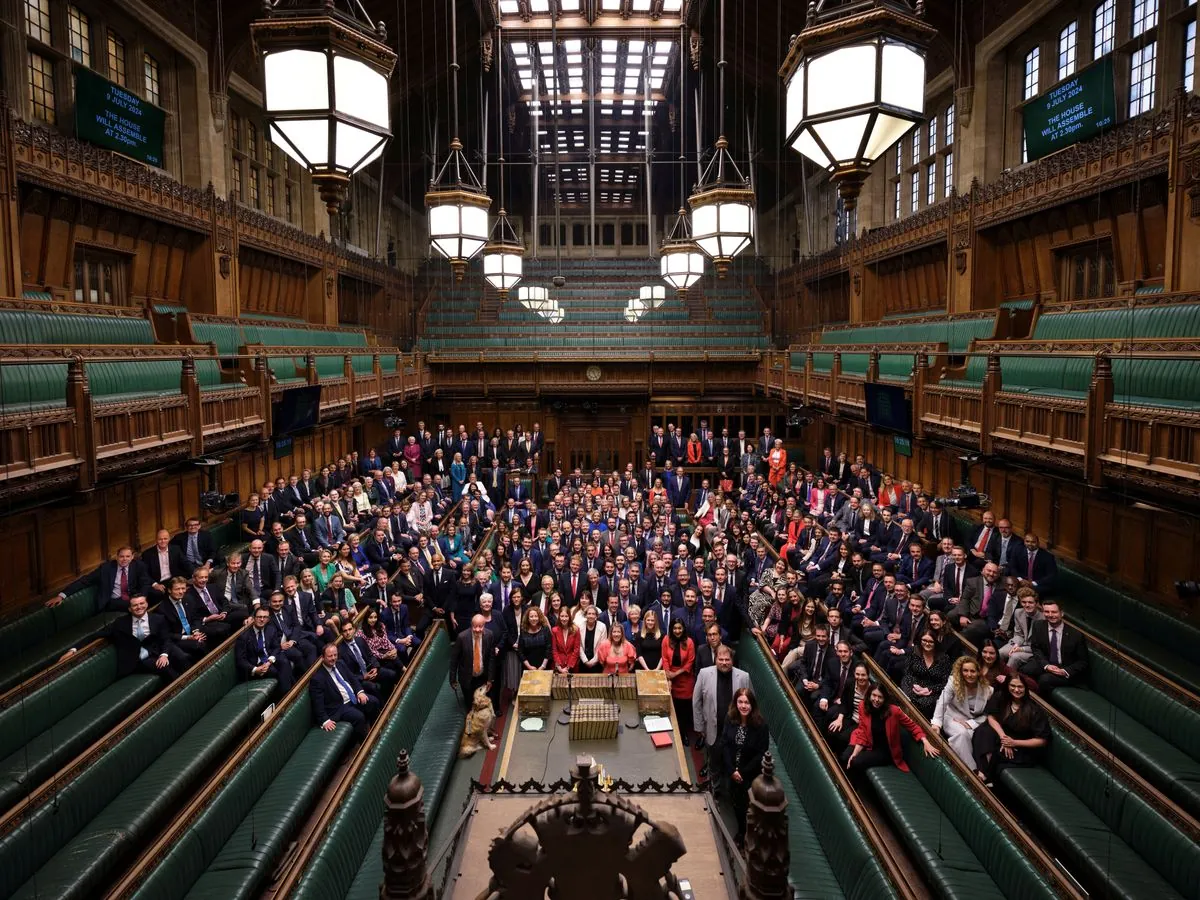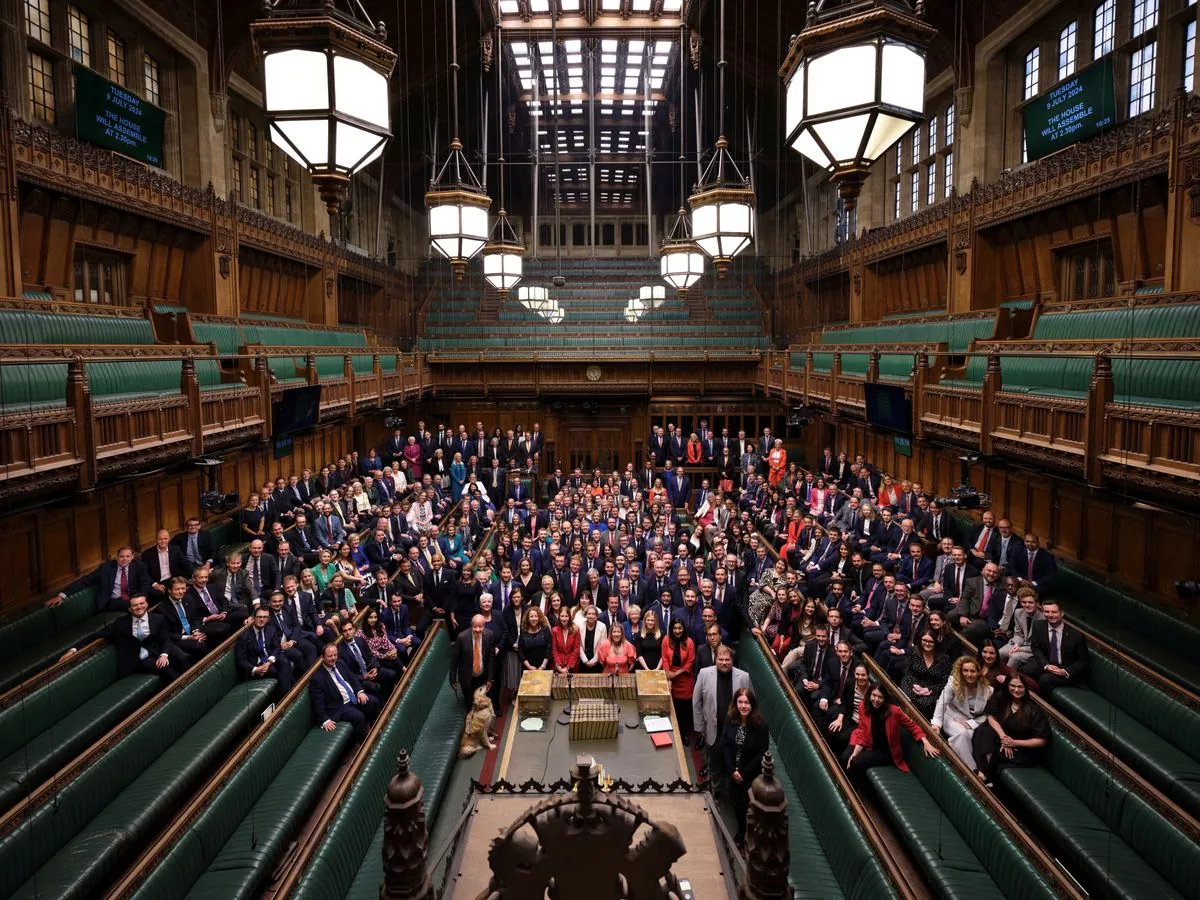Parliament of the United Kingdom
The Parliament of the United Kingdom of Great Britain and Northern Ireland is the supreme legislative body of the United Kingdom, and may also legislate for the Crown Dependencies and the British Overseas Territories. It meets at the Palace of Westminster in London. Parliament possesses legislative supremacy and thereby holds ultimate power over all other political bodies in the United Kingdom and the Overseas Territories. While Parliament is bicameral, it has three parts: the sovereign, the House of Lords, and the House of Commons. The three parts acting together to legislate may be described as the King-in-Parliament. The Crown normally acts on the advice of the prime minister, and the powers of the House of Lords are limited to only delaying legislation.

Some of the key events about Parliament of the United Kingdom
- 1215Magna Carta was signed, limiting the power of the monarch and establishing fundamental rights
- 1689The Bill of Rights was passed, establishing the rights of Parliament and limiting the power of the monarchy
- 1807The Slave Trade Act was passed, abolishing the slave trade in the British Empire
- 1807Passed the Slave Trade Act, which abolished the slave trade but did not end slavery itself
- 1819Enacted the Six Acts, restricting public gatherings and press freedoms
- 1832The Reform Act was passed, expanding voting rights and redistributing parliamentary seats more fairly
- 1834Implemented the Poor Law Amendment Act, creating harsh workhouse conditions for the destitute
- 1845Failed to adequately respond to the Irish Potato Famine, leading to mass starvation and emigration
- 1867The Second Reform Act further extended the franchise to working-class men in urban areas
- 1876Passed the Royal Titles Act, proclaiming Queen Victoria as Empress of India without Indian consent
- 1914Enacted the Defence of the Realm Act, curtailing civil liberties during World War I
- 1918The Representation of the People Act granted voting rights to women over 30 and all men over 21
- 1918Passed the Representation of the People Act, which still excluded women under 30 from voting
- 1928The Equal Franchise Act gave women equal voting rights to men
- 1936Approved the Anglo-Egyptian Treaty, maintaining British military presence in Egypt
- 1948The National Health Service was established, providing free healthcare to all British citizens
- 1965The Race Relations Act was passed, prohibiting racial discrimination in public places
- 1971Introduced the Immigration Act, restricting Commonwealth citizens' right to live in the UK
- 1998The Human Rights Act was enacted, incorporating the European Convention on Human Rights into UK law
- 2003Voted to join the US-led invasion of Iraq based on flawed intelligence
Disclaimer: This material is written based on information taken from open sources, including Wikipedia, news media, podcasts, and other public sources.































